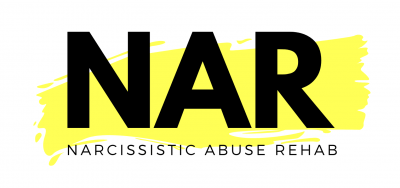Understanding Narcissistic Abuse: Learn about the cycle, signs, and recovery from emotional manipulation and toxic dynamics.
Idealization
Idealization is a the first stage of the cycle of narcissistic abuse, wherein the perpetrator excessively admires, flatters, or idealizes the victim. It involves attributing exceptional qualities or perfection to the object of admiration, creating an inflated and unrealistic perception. Idealization can lead to unrealistic expectations and disappointment when reality fails to match the idealized image.
Clinical psychologist Dr. Steve Sultanoff share six signs of love bombing behavior commonly seen in highly narcissistic people and NPDs.
Dr. Rick Patternson reveal some of the qualities predatory narcissists look for in a partner to greenlight their exploitative behavior.
FKA twigs opened up to journalist Gayle King on CBS This Morning about the alleged abuse she suffered at the hands of actor Shia LaBoeuf. In her first television interview since taking legal action against him in December 2020, the Grammy nominee also took the opportunity to name and define some of the common behaviors of perpetrators of domestic abuse….




